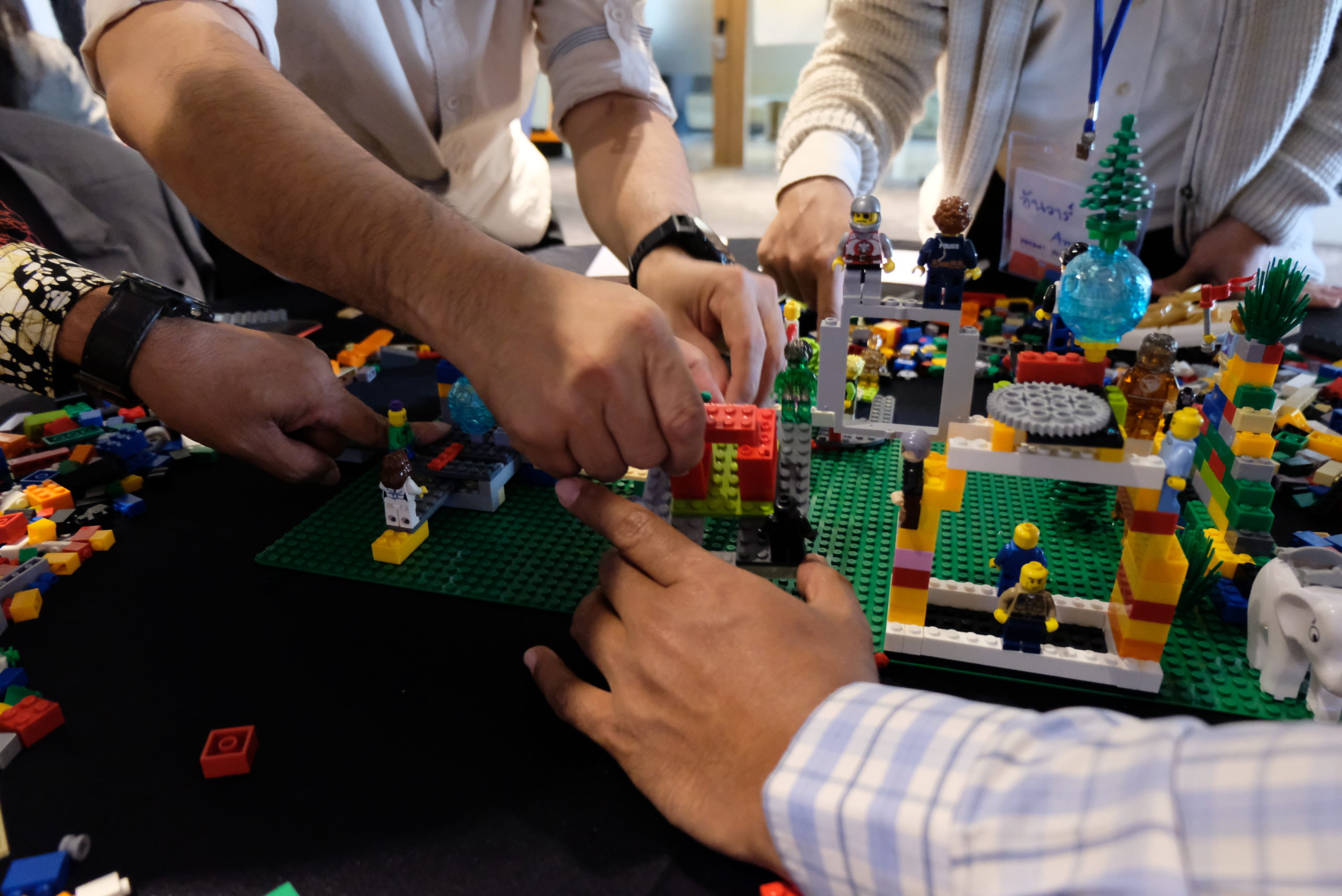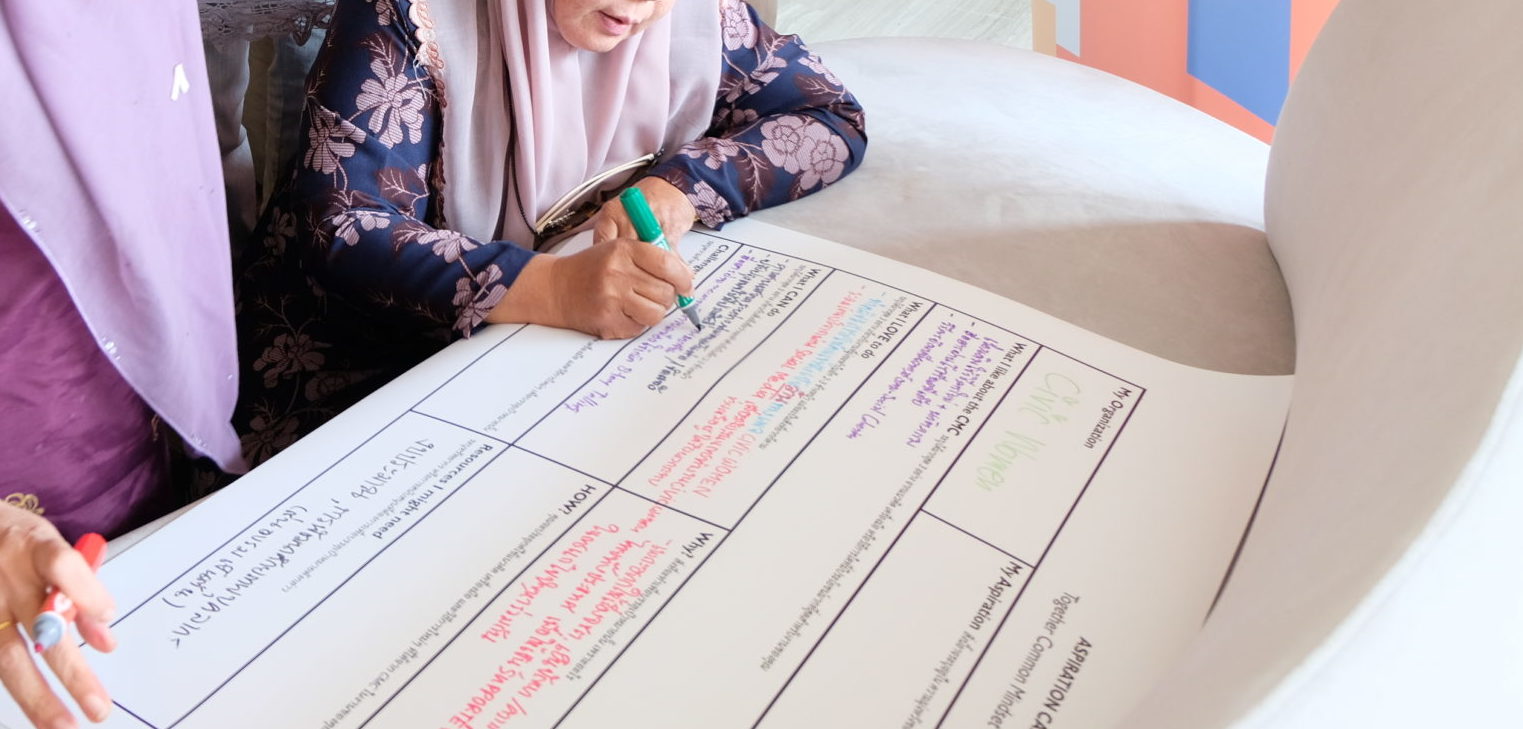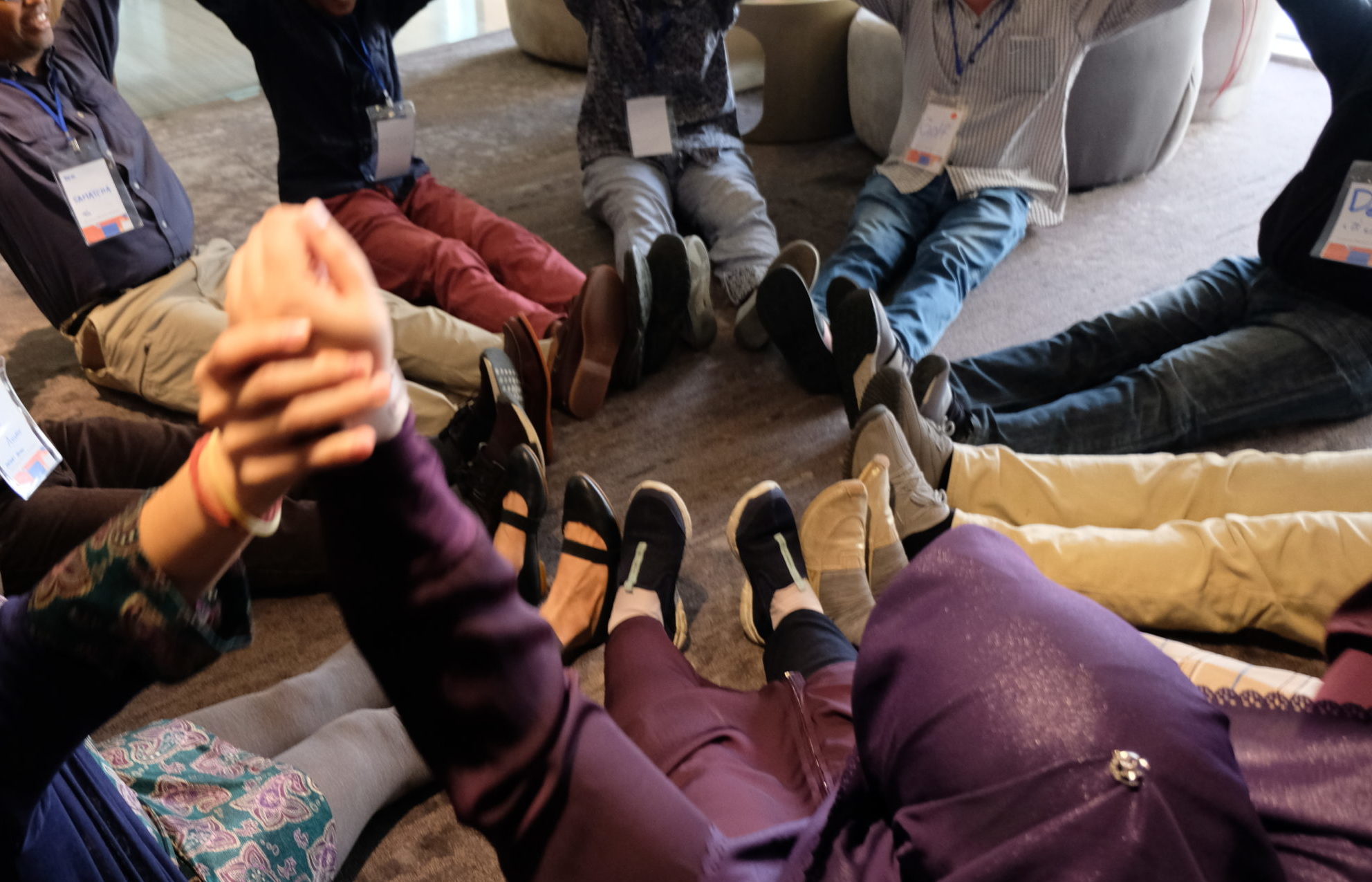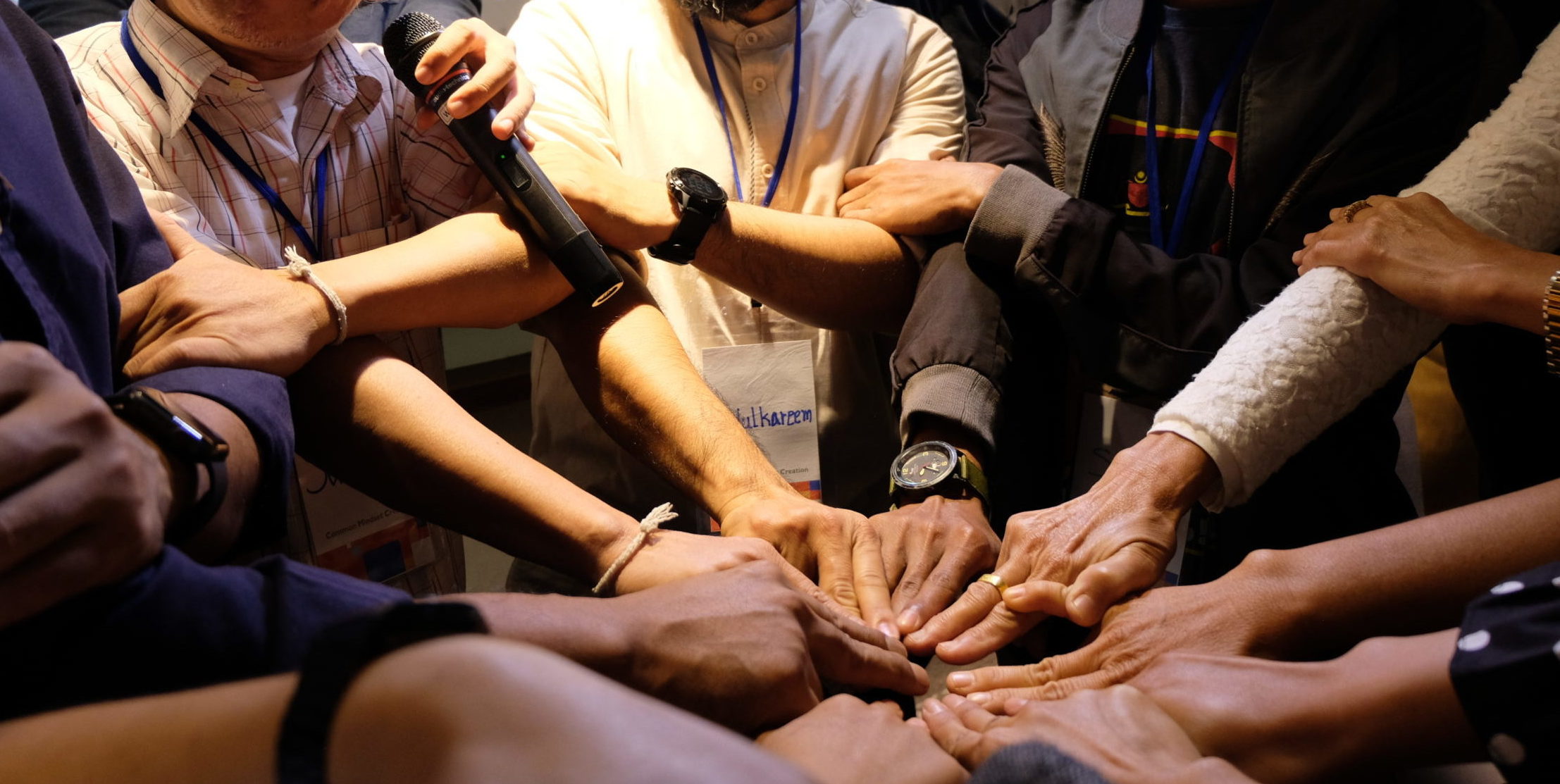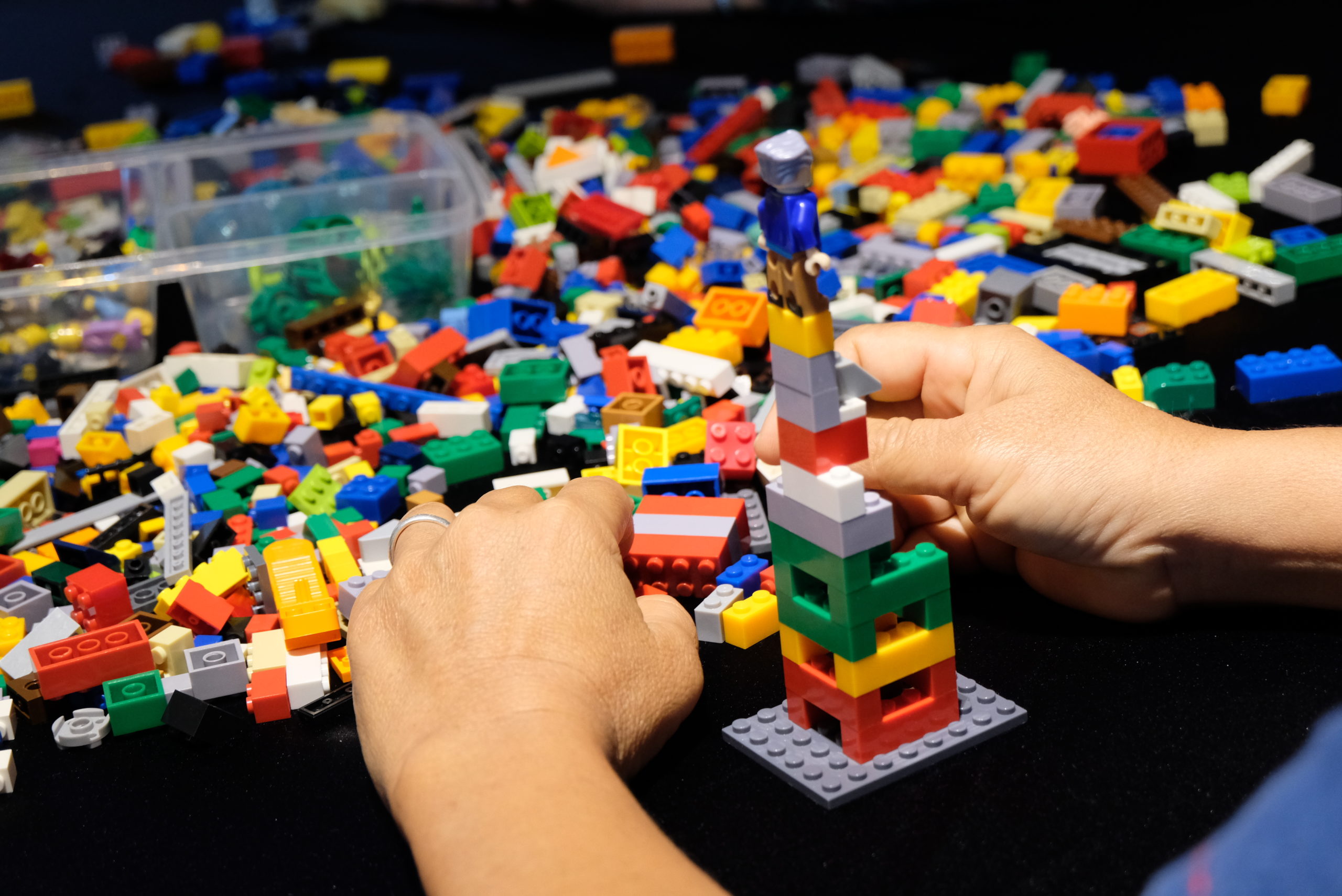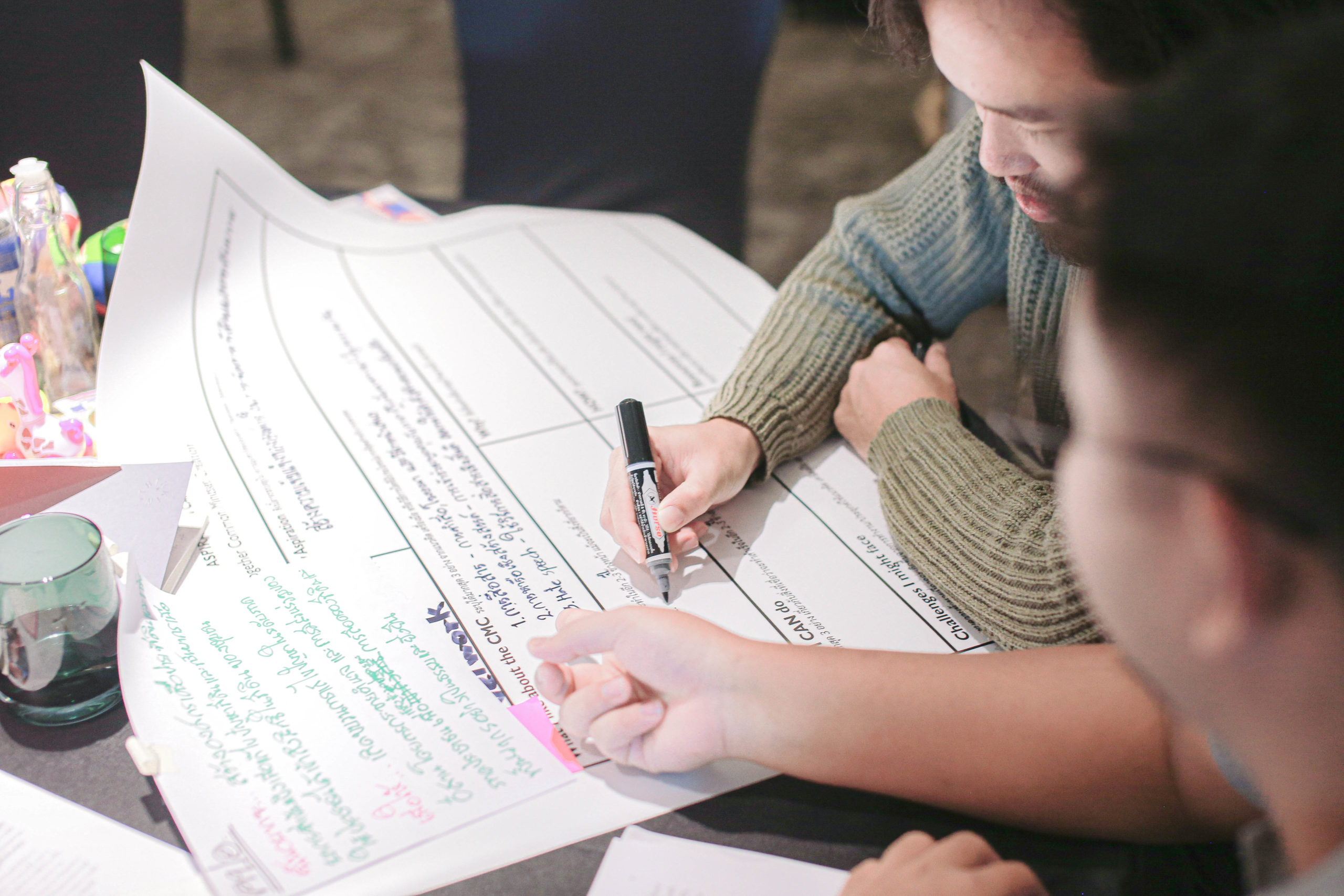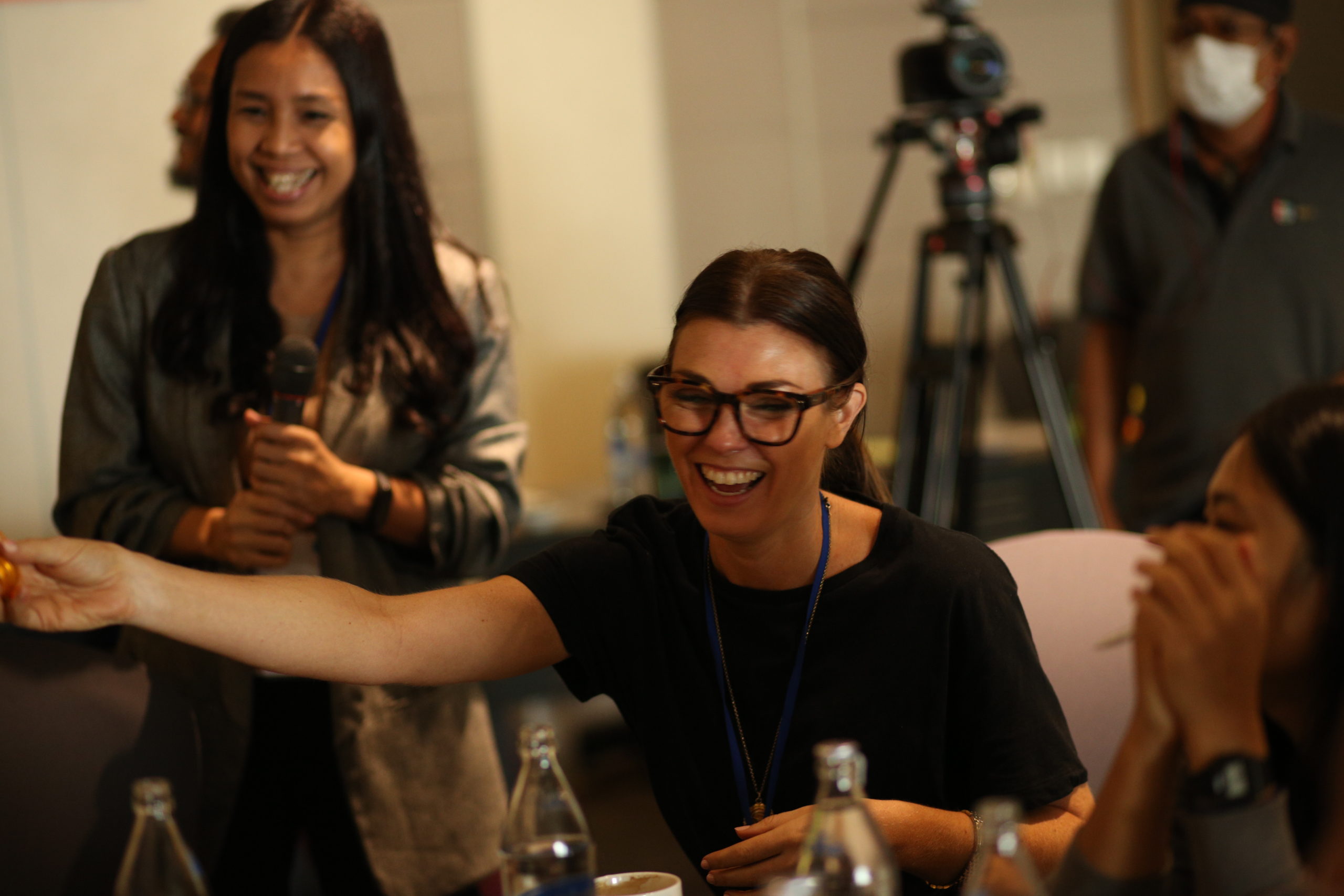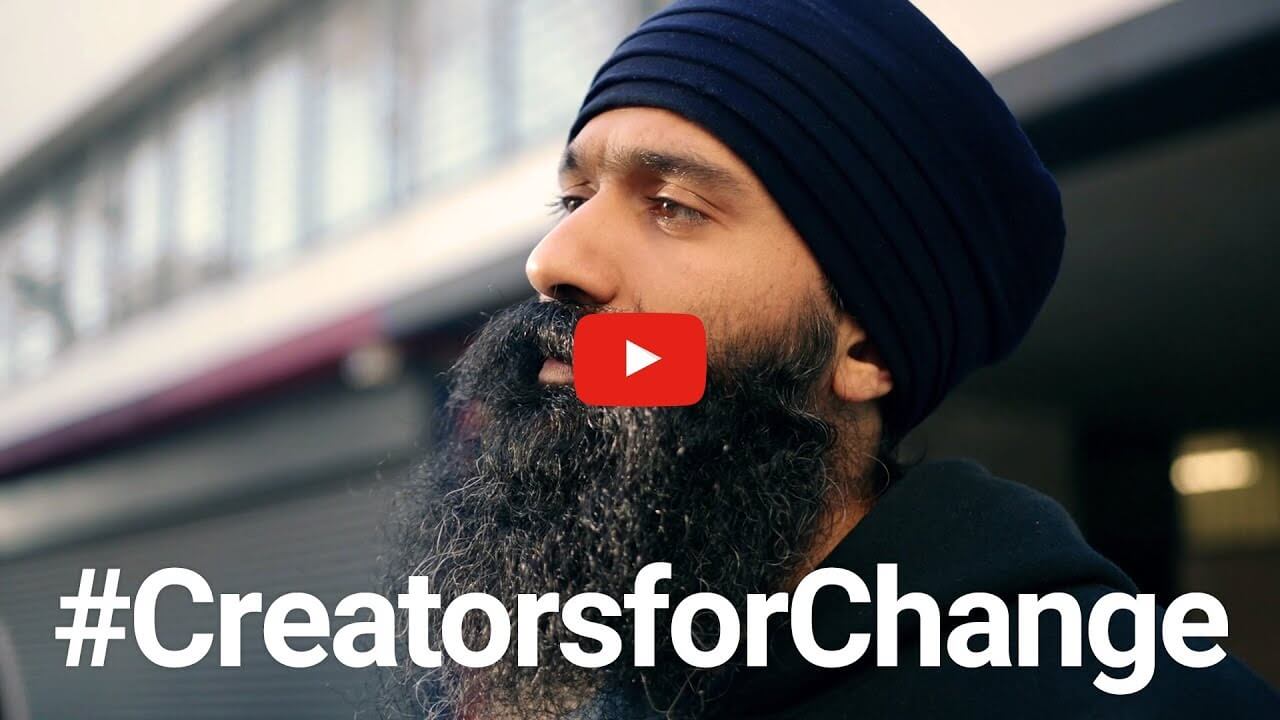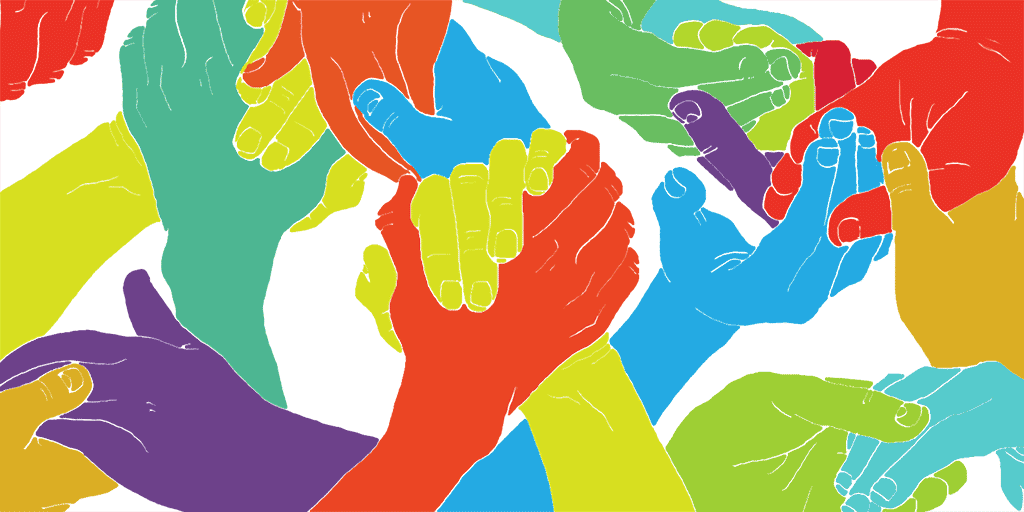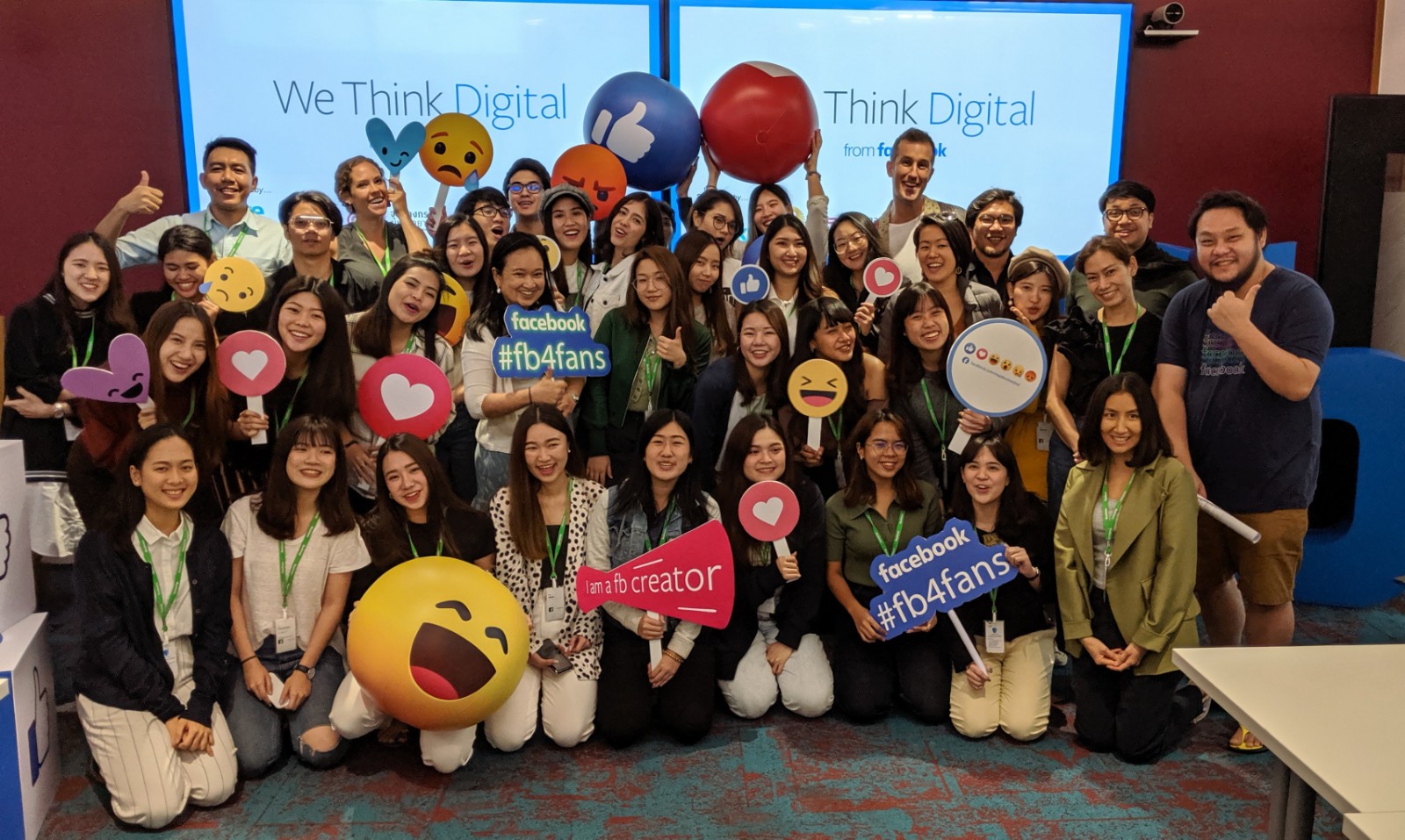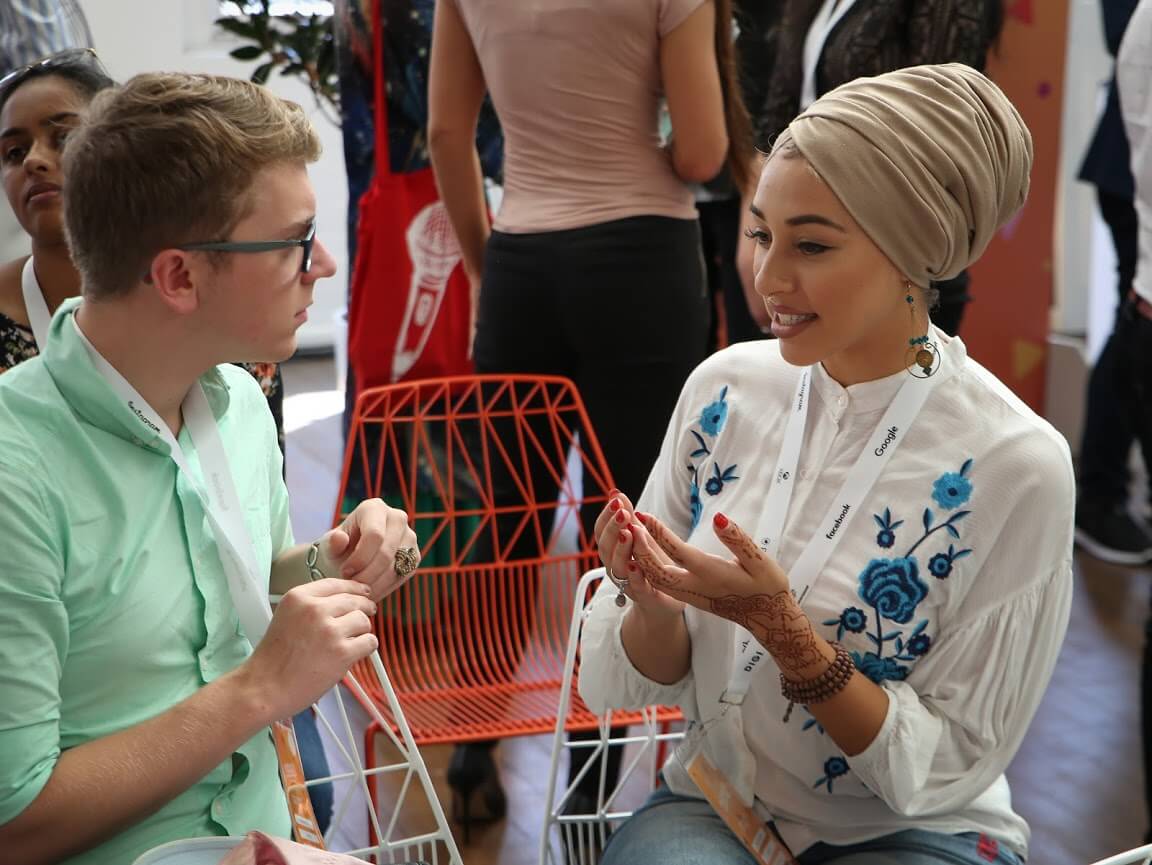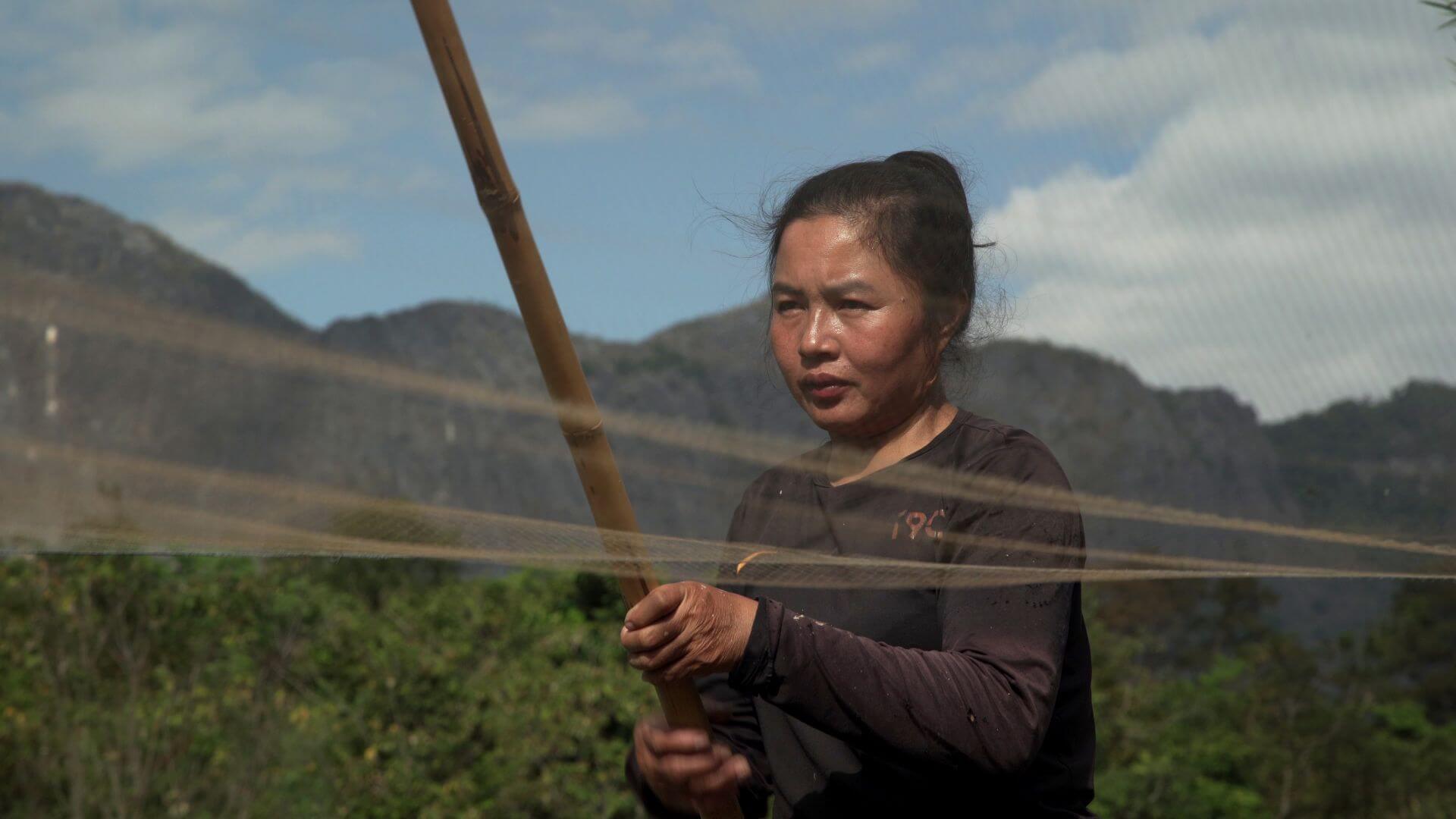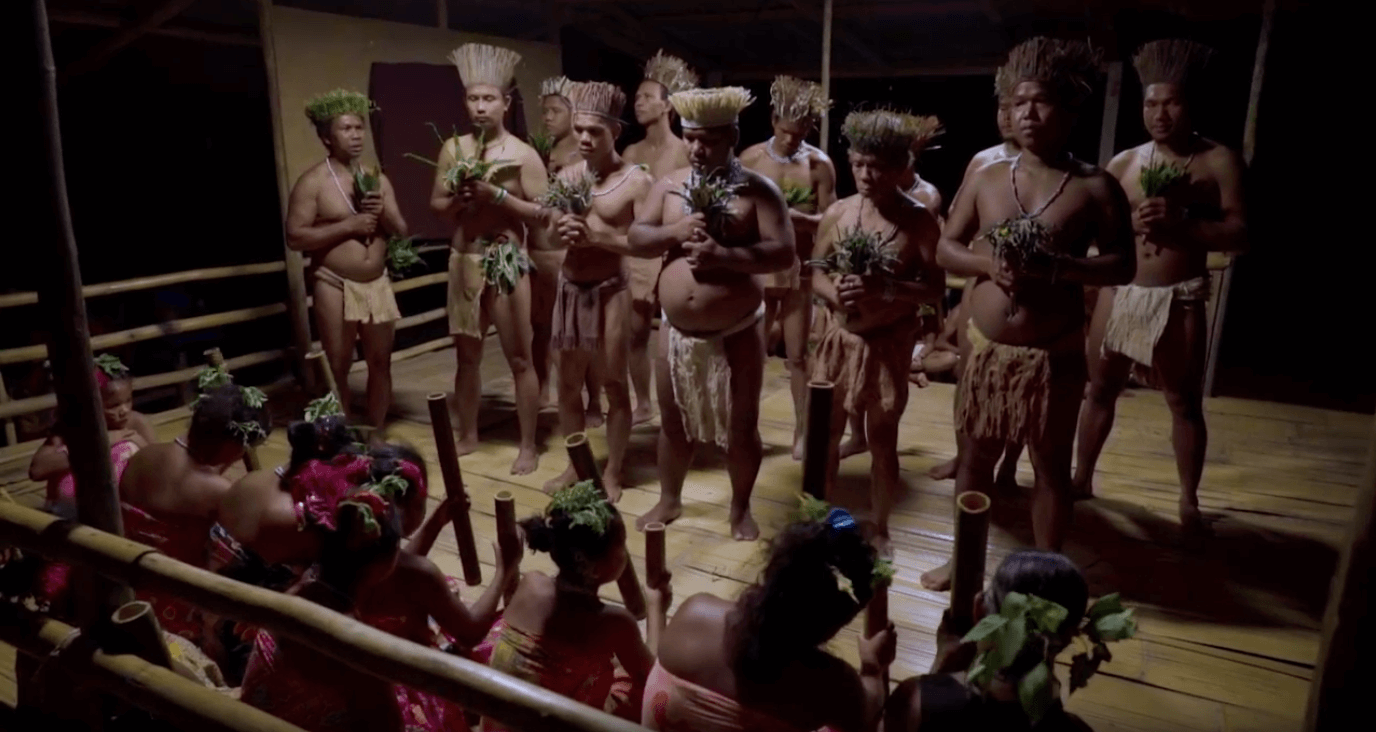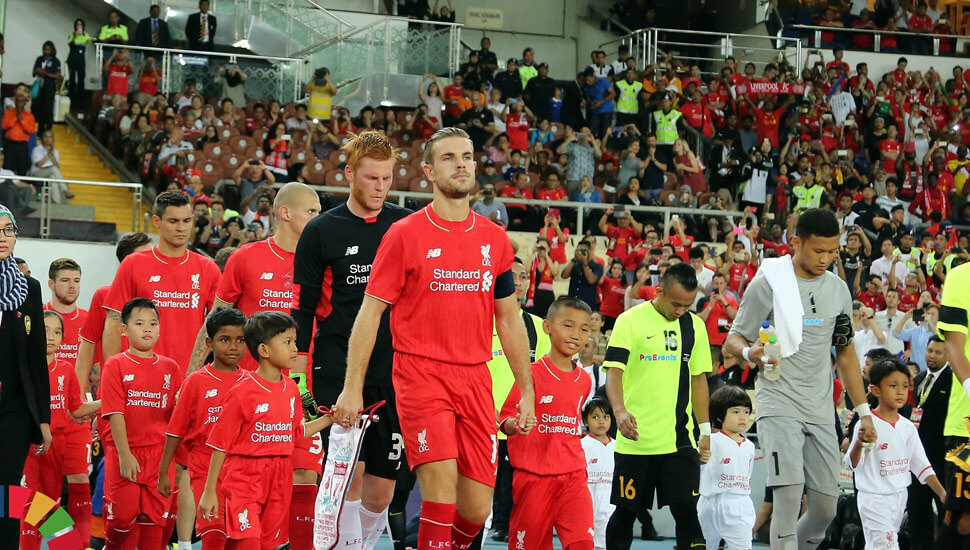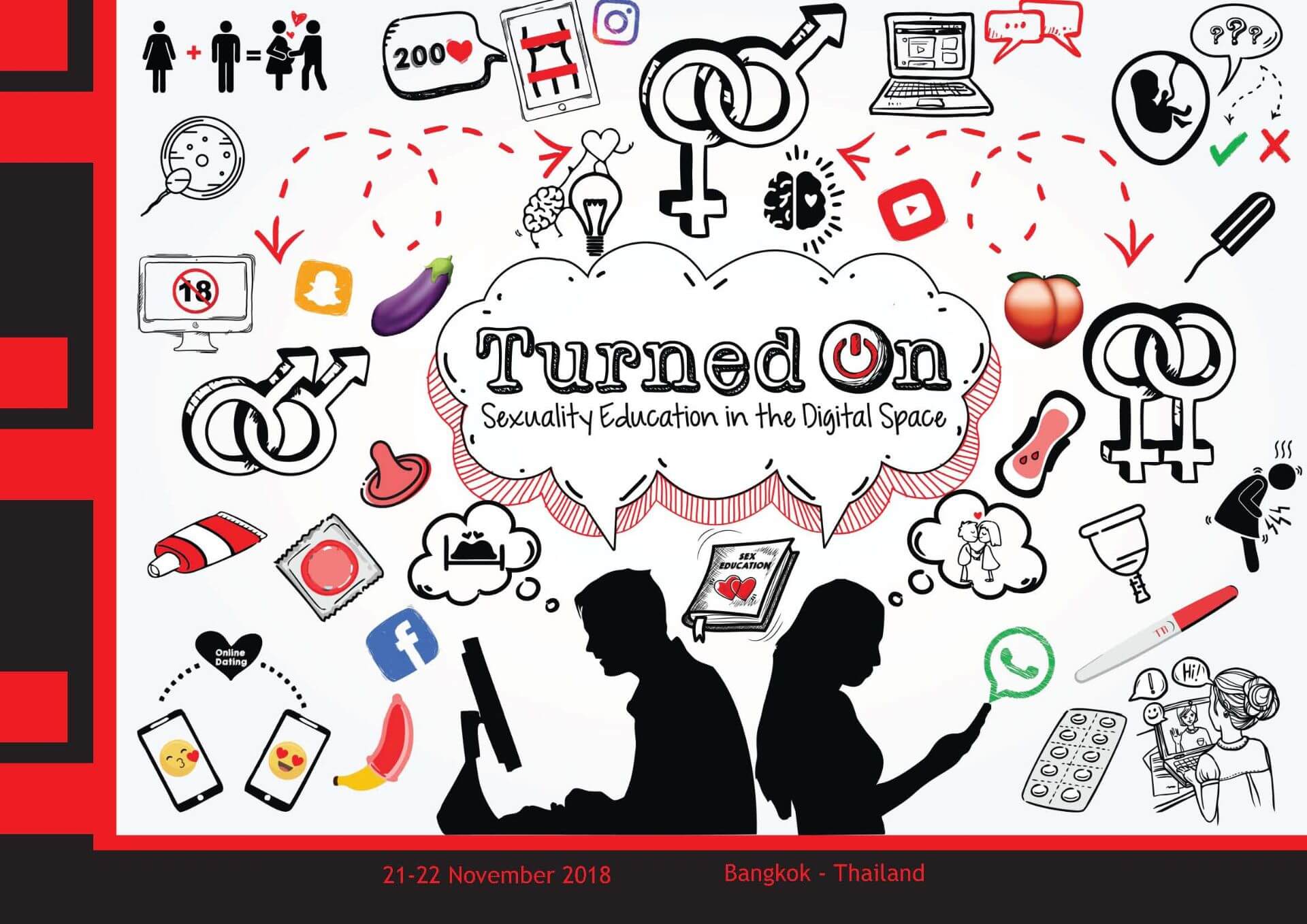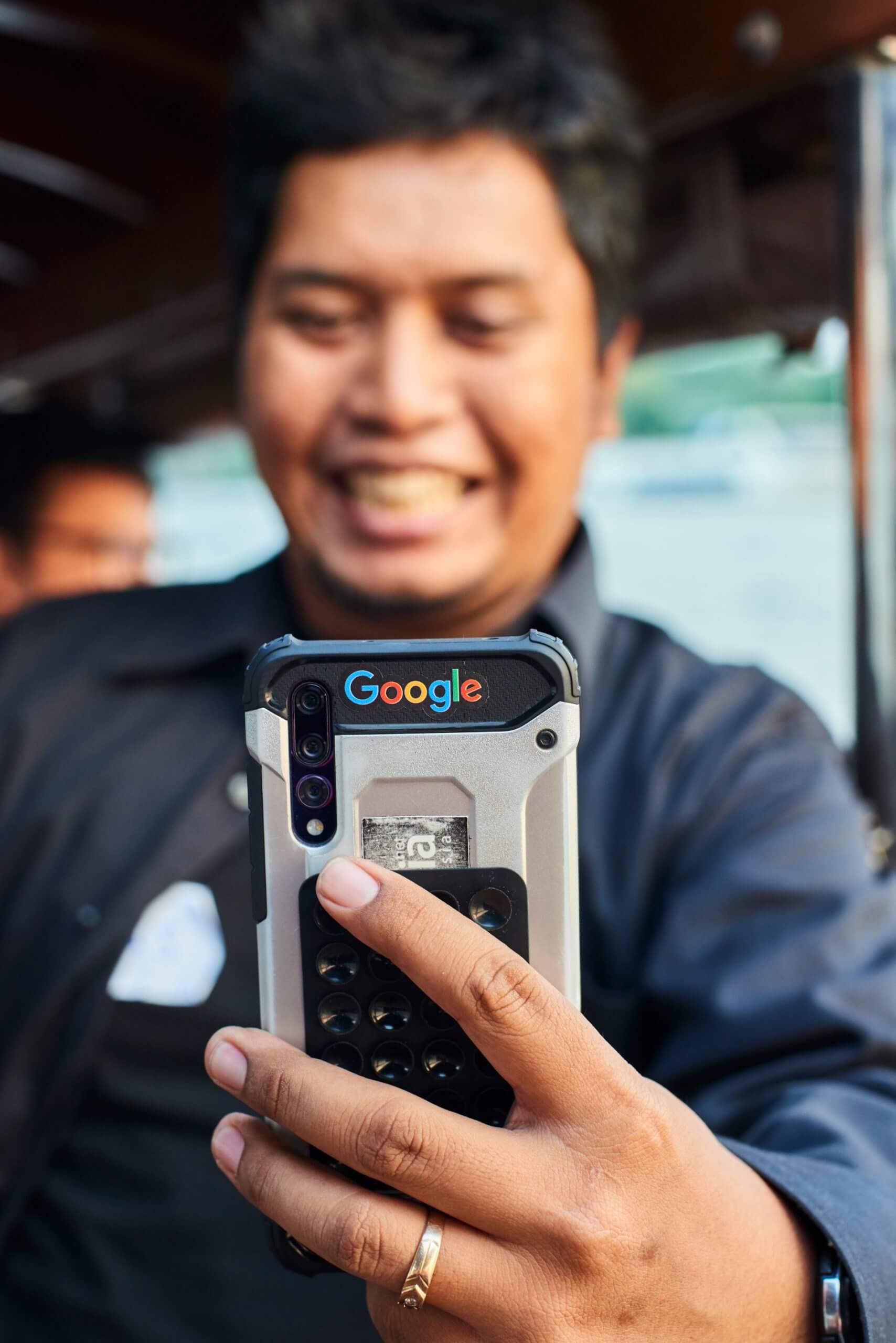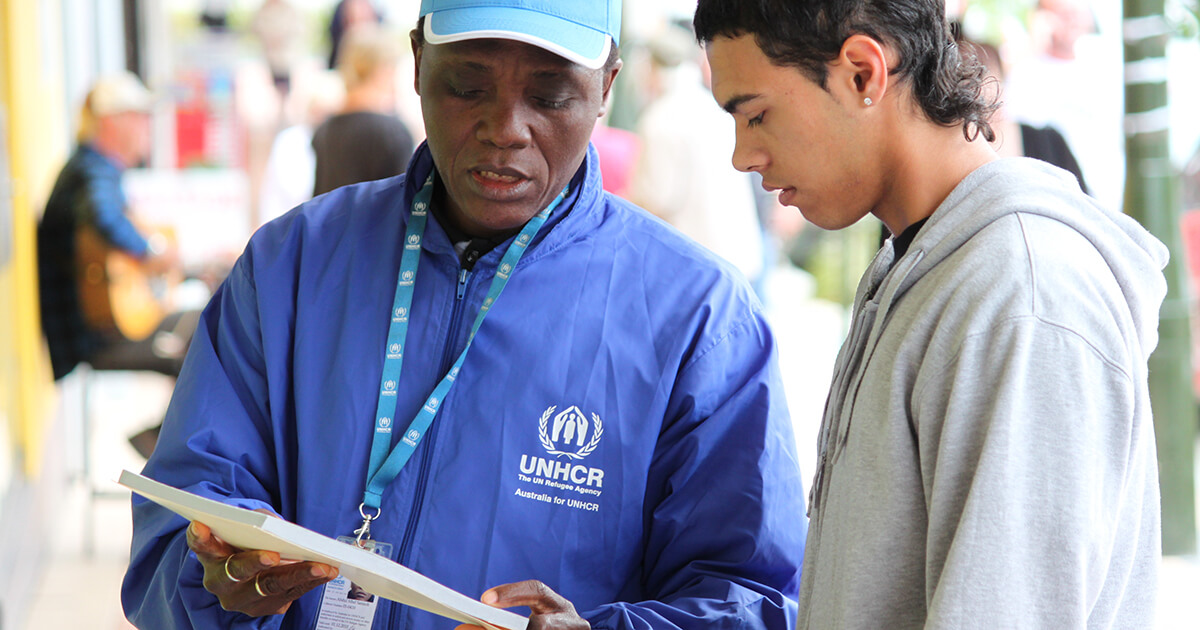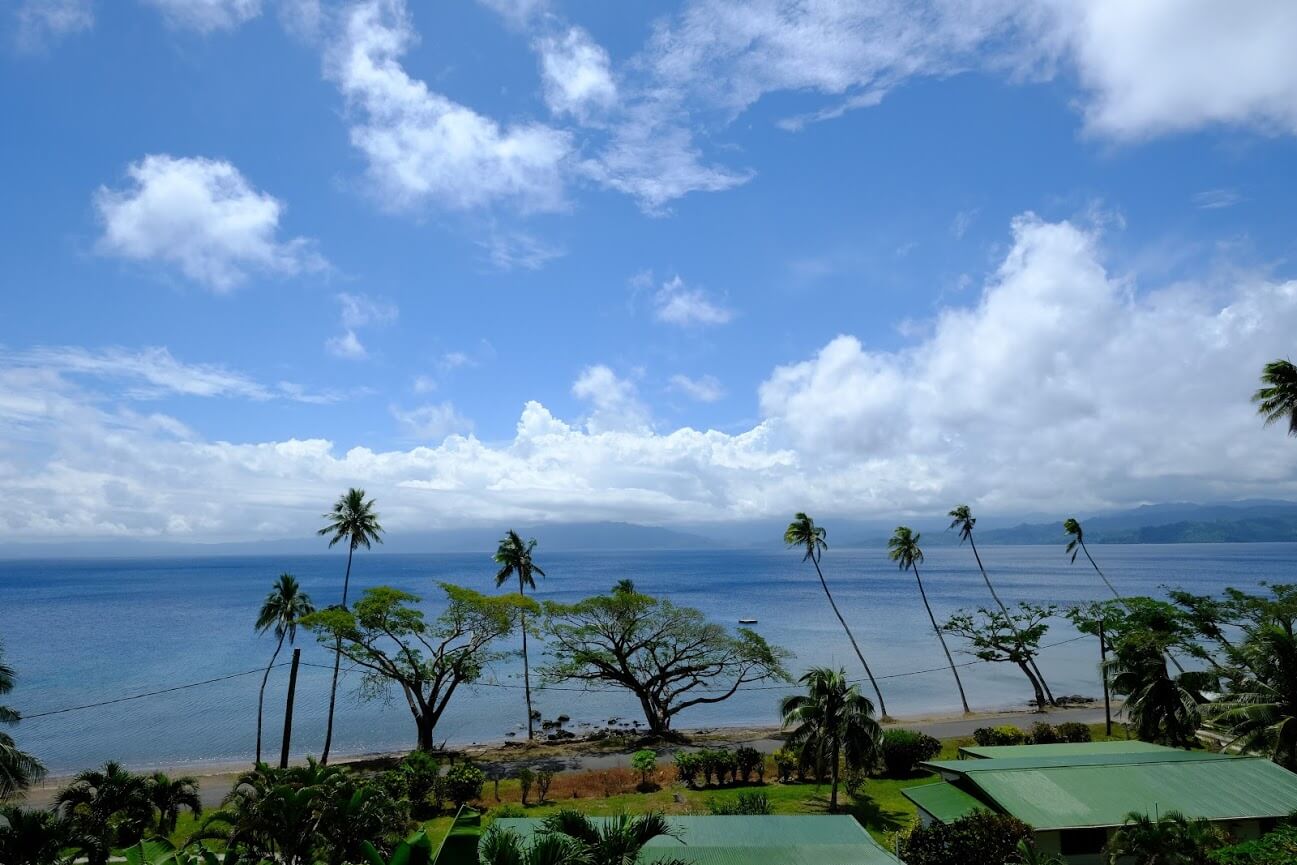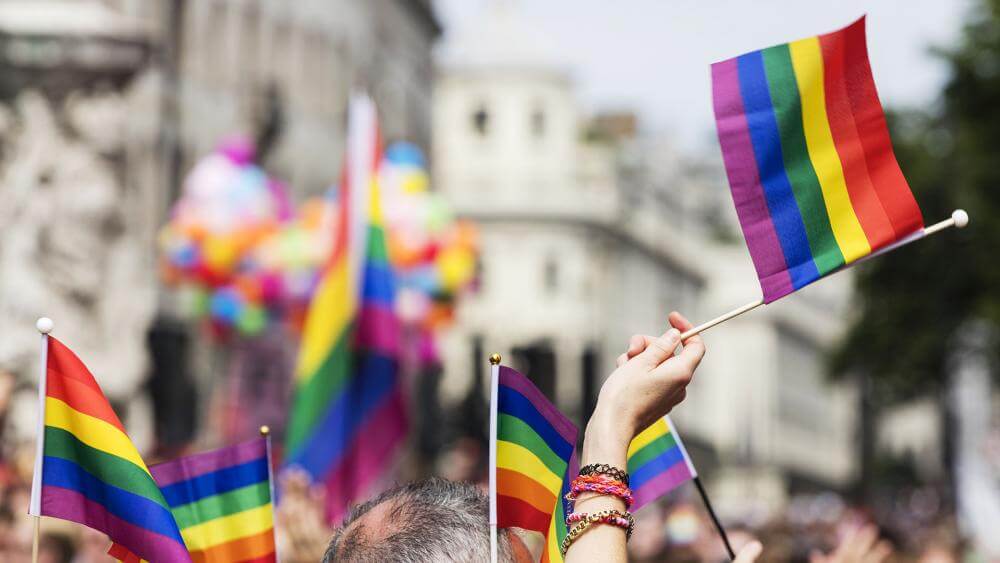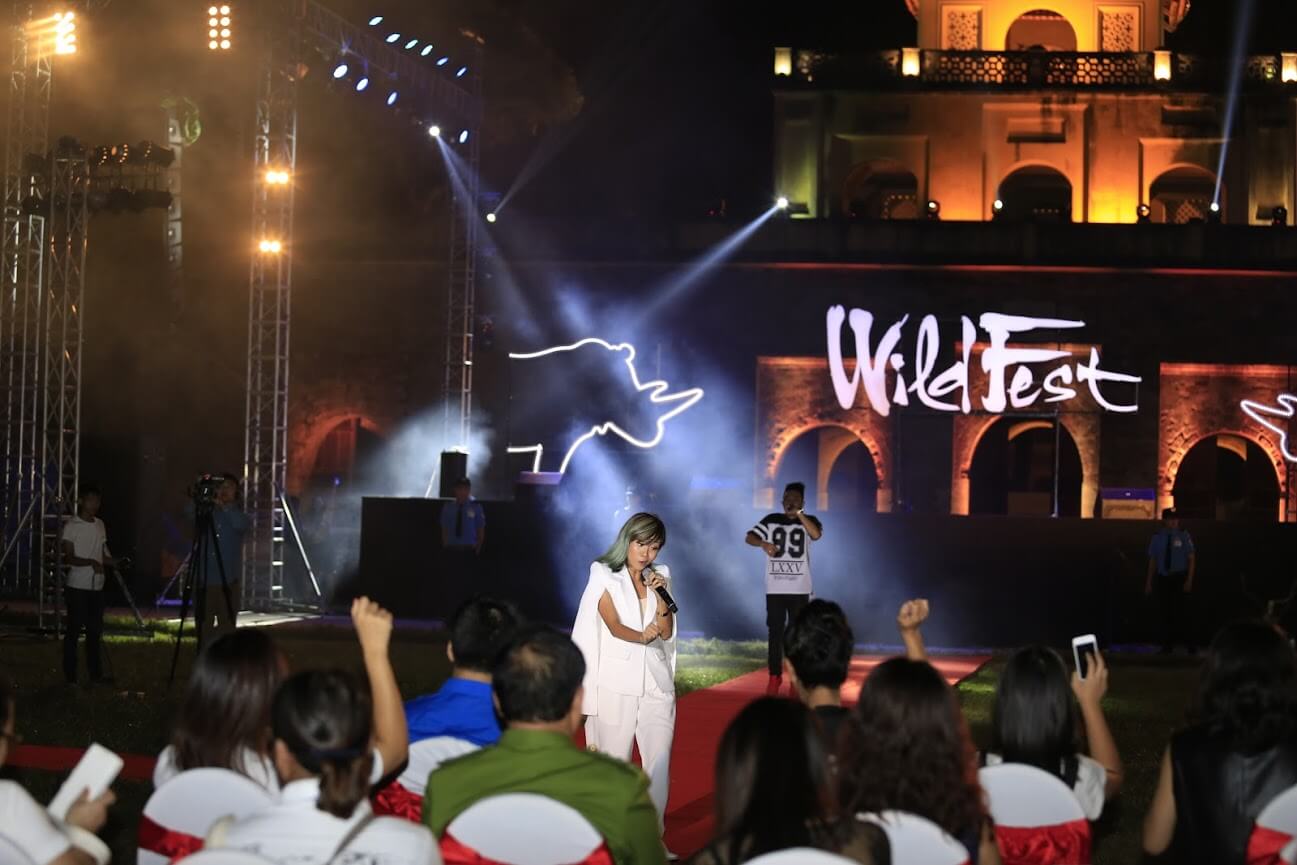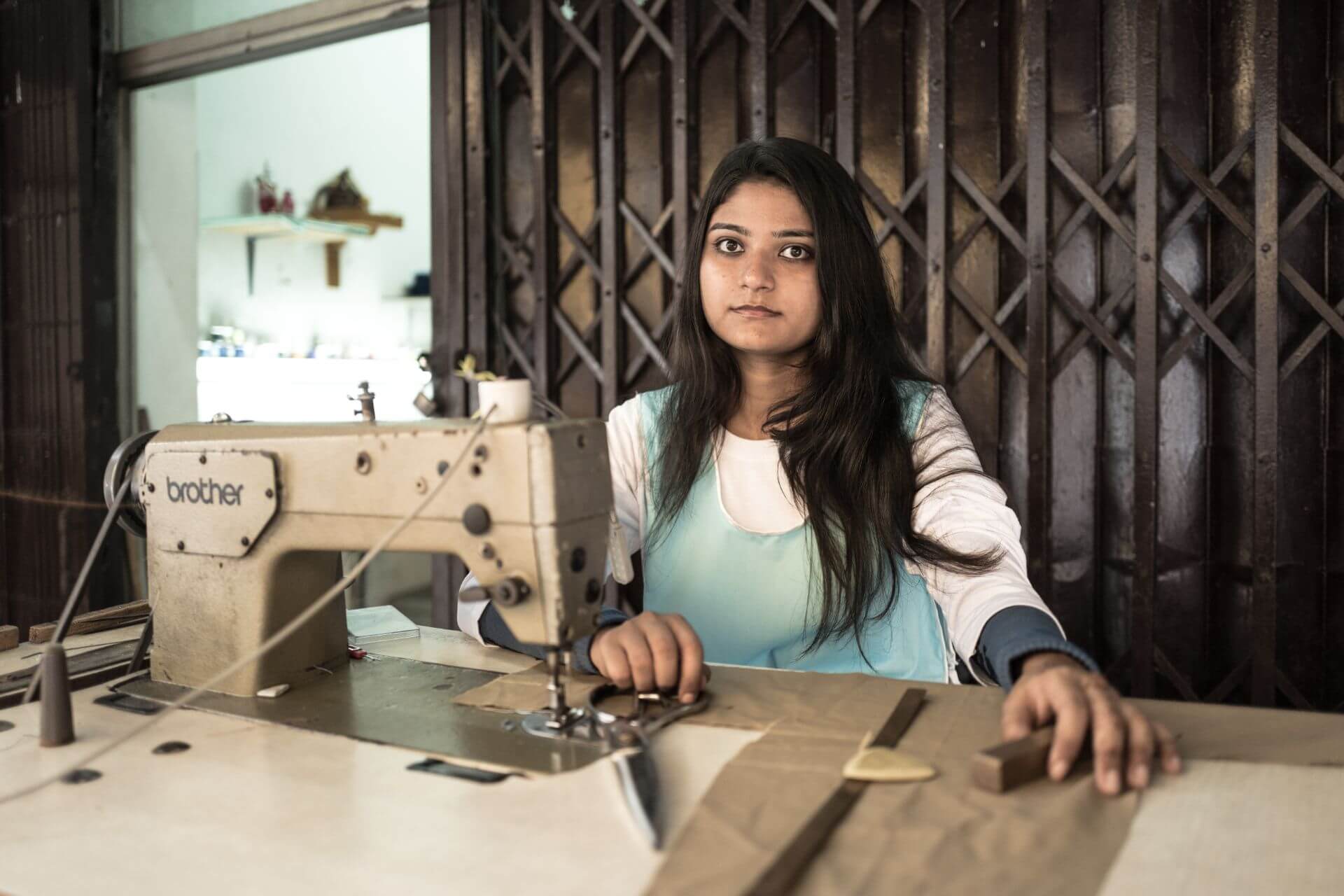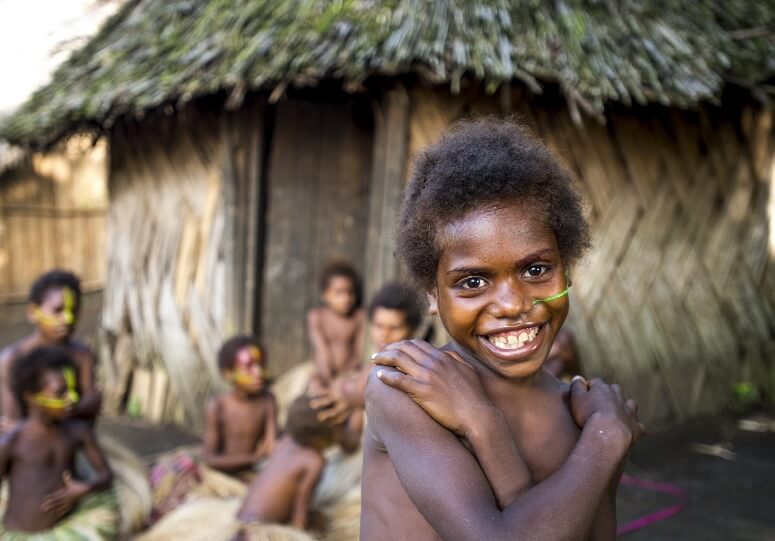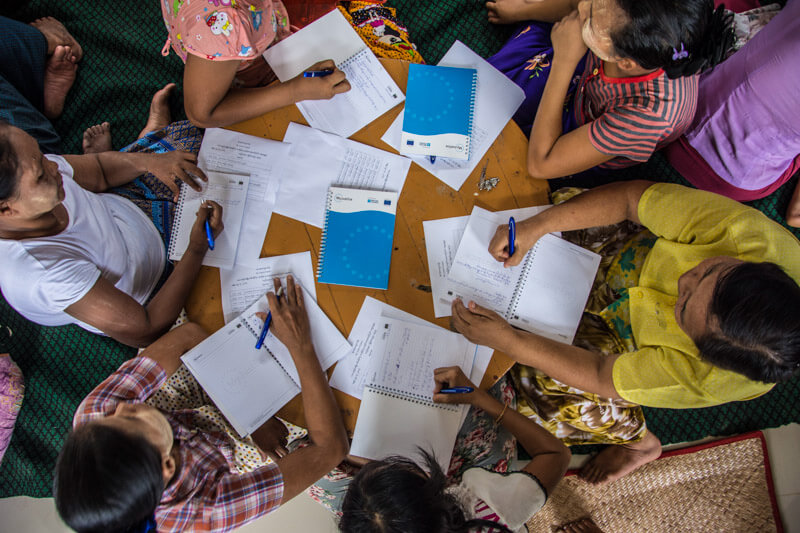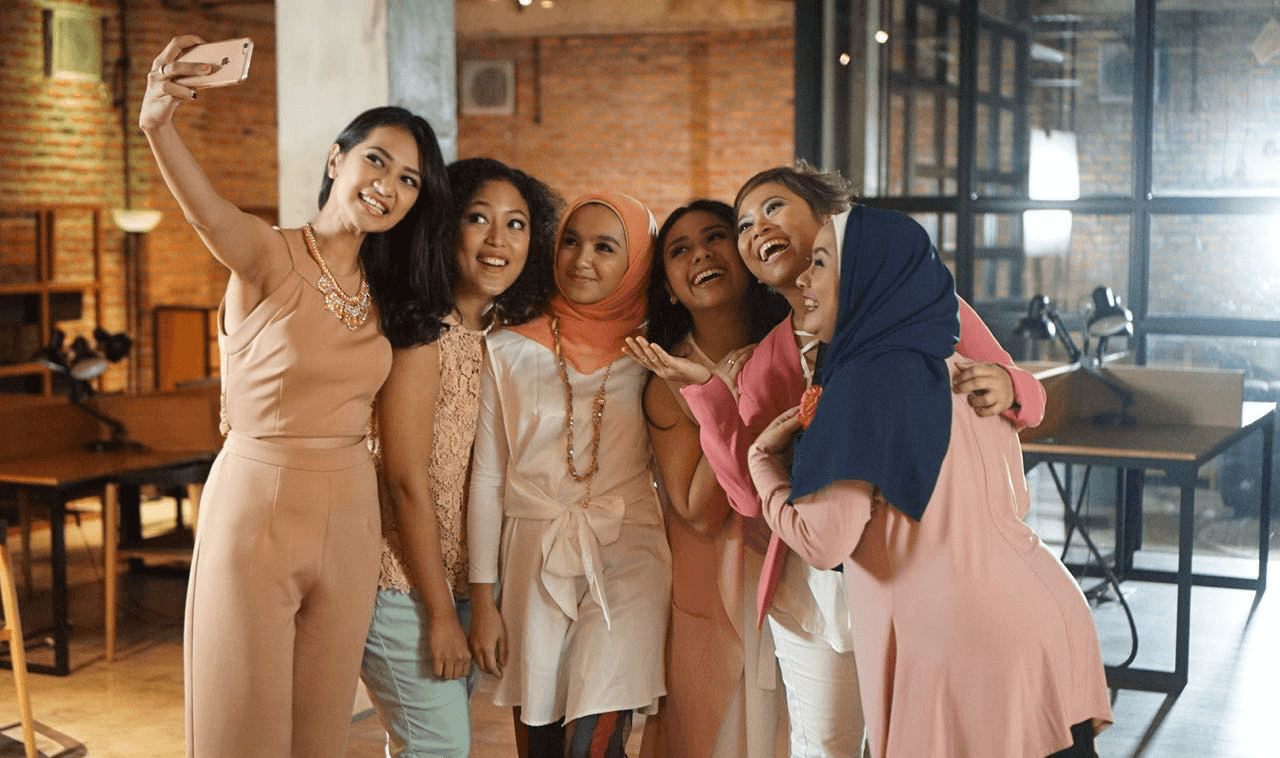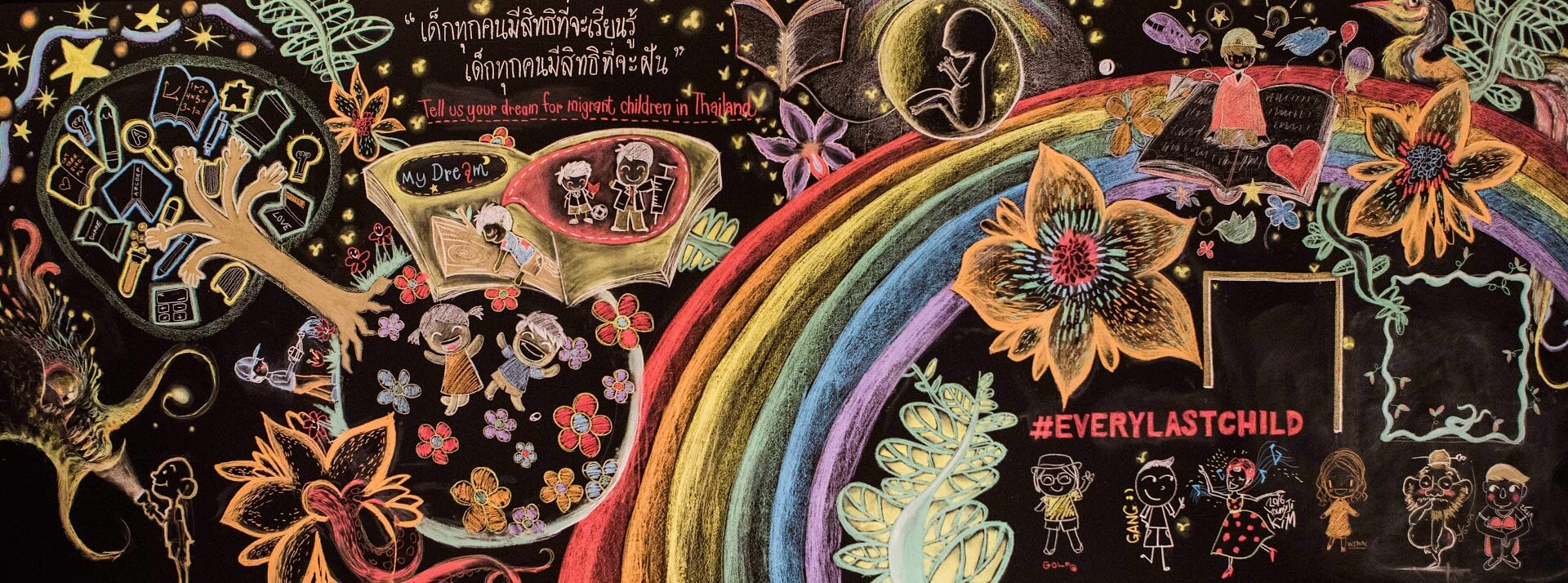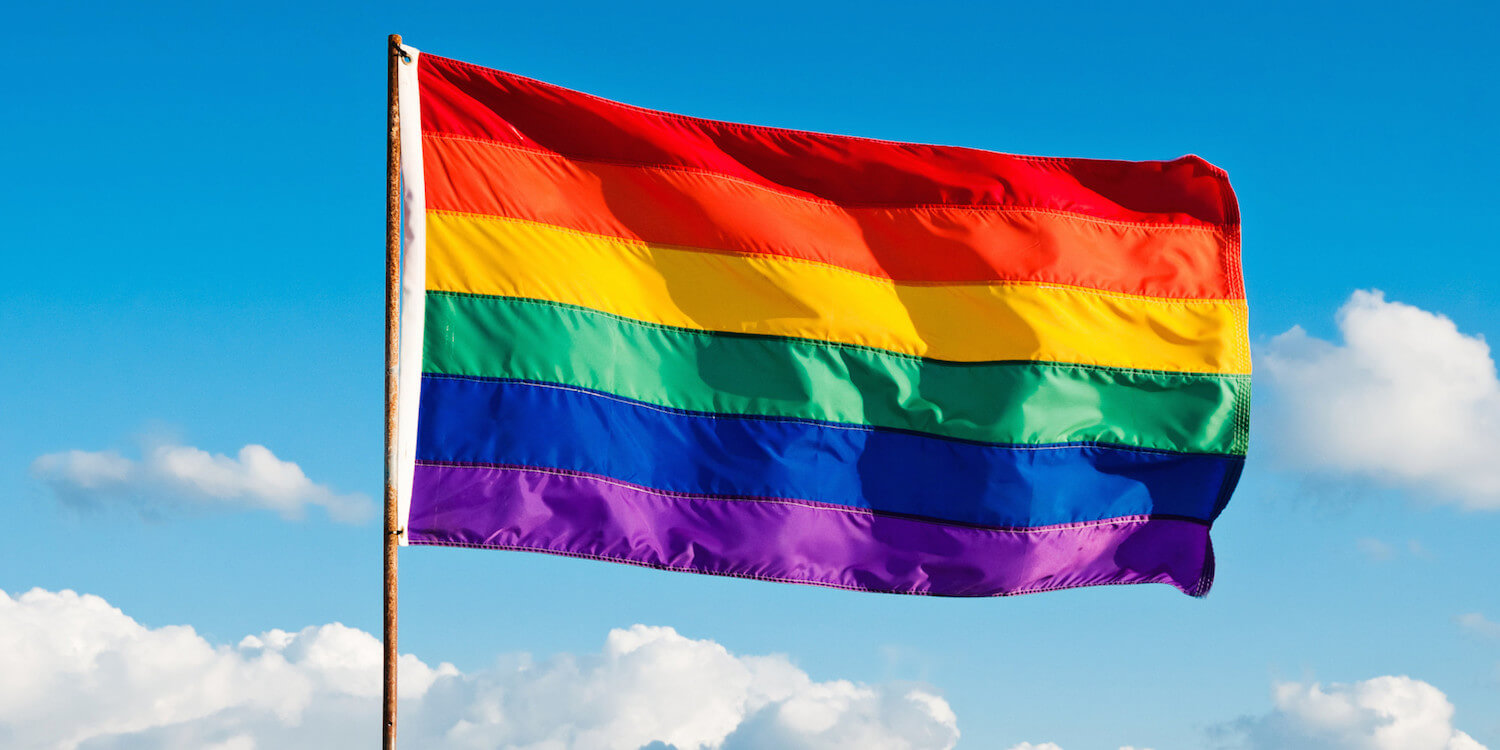
Problem
Like many nations in the region, Thailand would benefit from more effective methods and tools to facilitate dialogue with various groups to reconcile their differences, find common cause, and effectively collaborate. Latent and violent conflicts in Thailand are critical in the areas of natural resource use and access, socio-economic challenges, and ethic-religious differrences. Thailand’s economic growth has led to a range of environmental issues. Inappropriate laws and policies imposed by the government and private sector have increased tensions between communities and between communities and the state regarding the use and access to natural resource. Government policies to promote industrialization, such as those related to Special Economic Development Zones and the building of infrastructure and facilities to support development in the east-west and north-south corridors, while contributing to local development, have increased tensions between local people and the government. Without an inclusive and participatory decision-making process, industrial development failed to pursue the needs of local communities and they were affected by negative social and environmental impacts. Long-standing grievances and the history of violence is critical in Deep South, where continued tensions between Buddhist and Muslim populations can quickly escalate, creating a hostile environment that makes convening groups for peaceful dialogue and joint problem-solving a constant challenge.
Approach
Love Frankie is a core partner of USAID’s four-year DAI program, Together. We have a lead role in strategic communications which is an overarching approach in implementing project activities. Working with Thai citizens across the country, particularly in the Deep South to expand the space for constructive dialogue and reconciliation, and facilitate the growth of attitudes, networks, and mechanisms that nurture peace, tolerance, and responsive governance. The project works with the Royal Thai Government for more effective communications with its citizens and collaborates with civil society organizations to improve their ability to advocate for public interests and work with the government to develop solutions to common challenges. As a result of Together activities, government institutions will have improved mechanisms for seeking citizen feedback and responding to citizens’ needs; civil society groups will have the skills to communicate with the public and effectively advocate to the government for the public interest; and CSOs and communities will have better critical thinking and conflict mitigation skills to constructively engage with each other and work together to resolve socio-political issues.
Impact
Initiated in August 2018, the project is on-going and will be completed in 2022. As of June 2020, 12 civil society organizations were identified as project core partners and firm partnerships were established with them, including the two biggest digital media outlets in Thailand. 13 training courses in three main thematic areas: digital advocacy, strategic communications and data management have been conducting to improve the capacity of the partners to advocate for the public interest, especially the interests of under-represented groups, to find common solutions with the government using nonviolent means, through increased advocacy, research and communication skills. The photos below are made possible by the generous support of the American people through the United States Agency for International Development (USAID).Services
Qualitative research; Social media data analysis; CSO capacity building; communication strategy development; creative design and production; strategic partnership engagement

